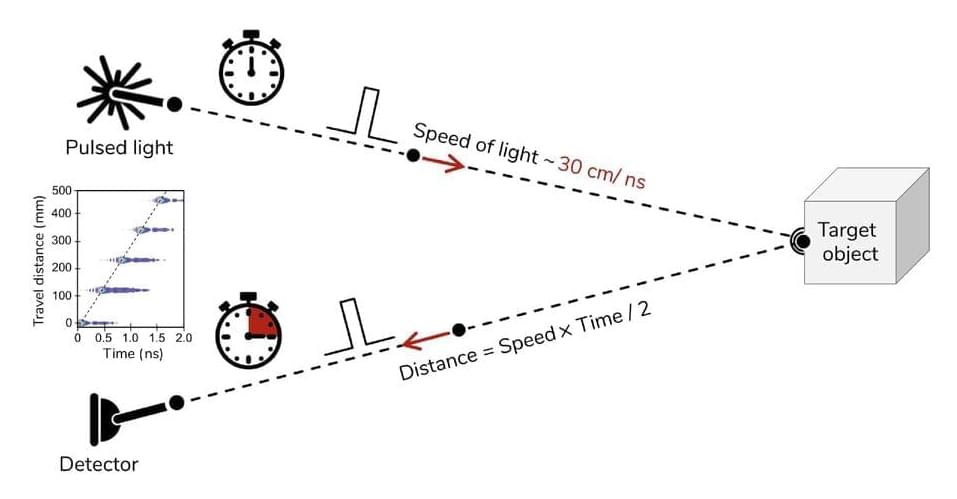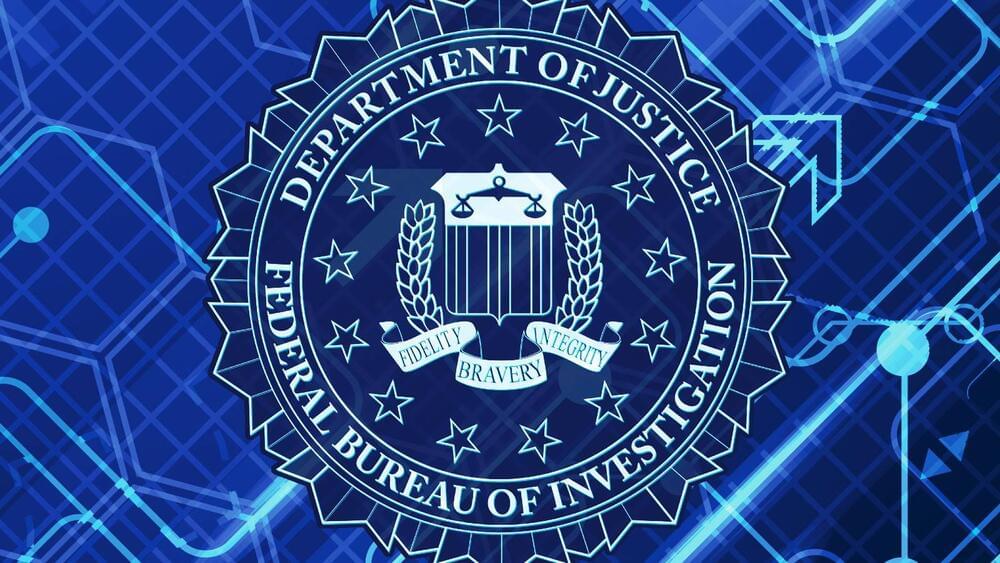“In June, our delegation was in South Korea, in July we went to France. Negotiations are ongoing with Chinese suppliers. Based on the results of an in-depth study of international experience, nuclear technology suppliers will be involved. I repeat, this will be an international project,” he reaffirmed, adding that the results of this experience is under study.
“In principle, the construction of a nuclear power plant is a long process, it takes about eight years. Without nuclear power, we will not be able to ensure energy security for ourselves… We will need such generation — the whole world is moving towards decarbonisation. We must move to clean technologies, and nuclear generation is the answer to the challenge of the times,” he stressed.
He stressed that the safety of NPP operation is of paramount importance. “We will choose the technology that is the safest, and those suppliers who can complete all the work in a timely manner. Related areas of our economy will also develop around this industry. There will be a big positive effect on the development of our country as a whole.”







